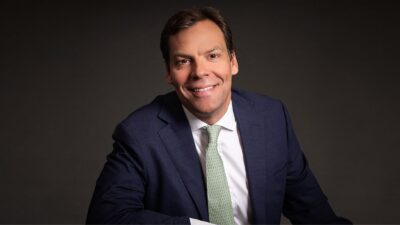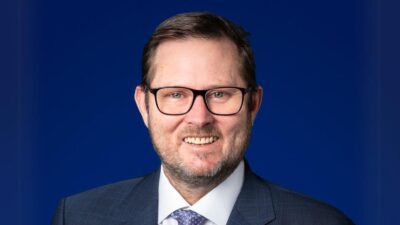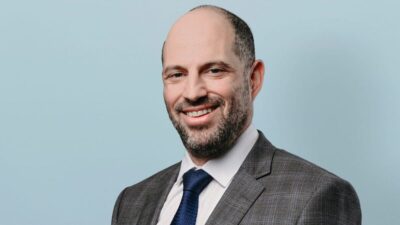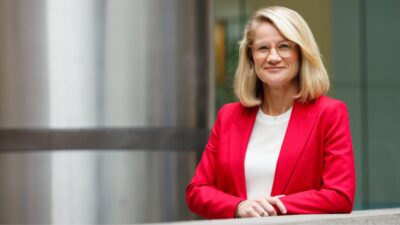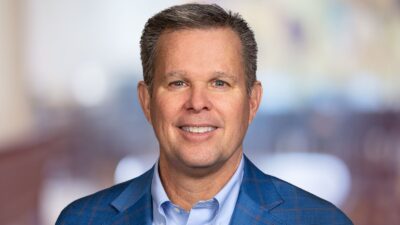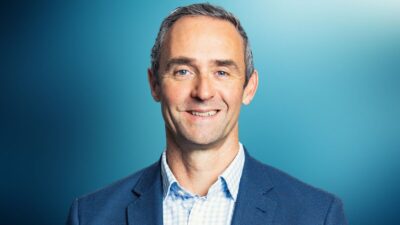The use of outsourced trading could be the “future state” for everything from massive sovereign wealth funds down to investment minnows, but lingering concerns about loss of control and connectivity are an obstacle to further uptake.
Historically, the unglamorous asset servicing businesses of the big international banks have largely stood in the shadows. But their reliable cashflows and deep institutional relationships mean that’s all starting to change.
When you’re handing out billion-dollar mandates, managers will “part the sea for you”. But there’s more than just returns to be weighed when answering the question of what makes a good external manager relationship.
A coalition of Australian and British pension funds representing A$3.25 trillion of workers’ retirement savings has called on the Starmer government to reform policy settings so they can tip more money into the energy transition in the UK.
Member switching and top-down regulation mean Australia’s super funds will face more bumps on the road to the “Canadian model” of heavy private markets allocations than the Maple Eight pensions they’re so keen on aping.
Even established asset managers are under threat from the violent shift towards low-cost investment vehicles, while allocator preference for platform businesses means they must also bulk up in the private markets.
Andrew Lill has stepped down as chief investment officer of the $86 billion Rest, bound for parts yet unknown. The fund he leaves looks very different to the one he joined.
AMP will reduce the headcount across its superannuation and North platform businesses and press ahead with changes to its redundancy policies even as the Finance Sector Union warns that “staff deserve better”.
True diversification means owning assets that are truly uncorrelated. But that fact hasn’t stopped big investors from piling into the private markets while pretending that the Fed Put can protect their public portfolios.
Investors obsessing over short-term data points are bound to miss the real changes in the companies they’re buying, according to PineBridge, which is peering beyond the macro for “great, durable investment themes”.


